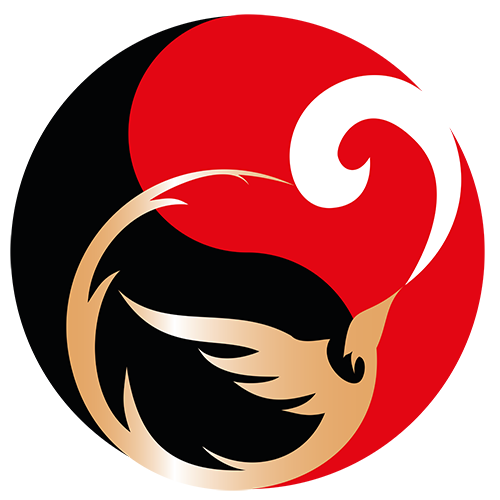💡Sorting, lightening and realigning: the art of respecting yourself with the right decisions🔥
Here we are, already in March, and spring is just around the corner.
Wouldn’t this be a good time to align yourself on the right axis and activate your compass to start or continue on the right footing this year?
Dealing a lot with the subjects of organization, clarity and multipotentiality, the common point we share is :
Decision fatigue! (Mental load of numerous decisions to be made)
How do you sort and prioritize?
How do you choose between all your ideas and projects?
How do you know if you’re on the right track? And whether it’s worth continuing in this direction?
How can you really respect yourself so that you don’t dwell on past, present or future decisions?
In this newsletter, I’m going to give you a powerful system to help you make the right decisions and stop wracking your brain…
🧭How to make good decisions (and stop exhausting yourself with that mental load).
The importance of respecting yourself, or how to change the way you make the right decisions:
Is this the right direction? Is this the right decision?
Do you tend to ask yourself these questions every time you start a project?
Especially if you anticipate that you’ll get bored quickly, and want to move on to something else…
We tend to ask ourselves whether a decision is right based on the results and consequences:
If I stop a project, what will be the consequences? If I change my job or position, what will that bring? If I invest, will I get a return? If I continue along this path, will it pay off sooner or later?
Yet it’s hard to be sure of making the right decision based on future results and current information…
You can give your best, do “everything right”, but there’s no guarantee that the result will live up to your expectations, because part of it doesn’t belong to you.
There are plenty of elements beyond your control that can impact a result, whatever the decision.
Not to mention your past decisions, which you may ruminate on:
“I should have done that…”
“If I’d known…”
You didn’t know, you made this decision with the information and the state of the past moment, it’s done…
How do you make a good decision then? What can we base it on?
“I don’t believe in good decisions. I make a decision and I make it good.” Mohamed Ali
I invite you to change your perspective:
What if the decision was motivated by present values and elements?
I’m stopping this project because it’s costing me too much, I don’t respect myself anymore or it’s not in my vision…
I’m changing job or position because I’m no longer fulfilled and it no longer makes sense…
I invest, at worst I learn (that will be the price of the lesson) at best I have an ROI, in any case I progress…
How can you regret a decision like that?
You can’t predict the future. You can anticipate it with past experience, and be ready to adapt with present criteria: Your vision, your mission, your values, your skills, your analytical abilities…
In this way, you can create your own decision-making compass.
It takes into account criteria that respect you and keep you on your “axis” (the coherence between your values and your aspirations).
Above all, your decisions must take into account :
Respect for your standards (what you feel is important to you)The consequences of staying where you are (leaving a space that serves you poorly) And above all: respect for yourself! (Integrity, values…)
That’s why I’ve created my own decision-making systems that serve as my “compass” in personal life, career, business… and more specifically: relationships, money, choosing projects.
There are no regrets when the answer to the question “Did I make the right decision” is:
“I respected myself!”
Of course, self-respect requires you to be really clear about your values, your standards, your priorities.
Just ask yourself this question now, rather than going into extreme ruminations, rehashing the past or torturing your mind about the future:
“How can I respect myself in the moment?”
❤️ Loved this ? 💌Share and subscribe to the newsletter…


Pingback: 7 mistakes that cost me over €250,000 and the lessons - Jo Yang